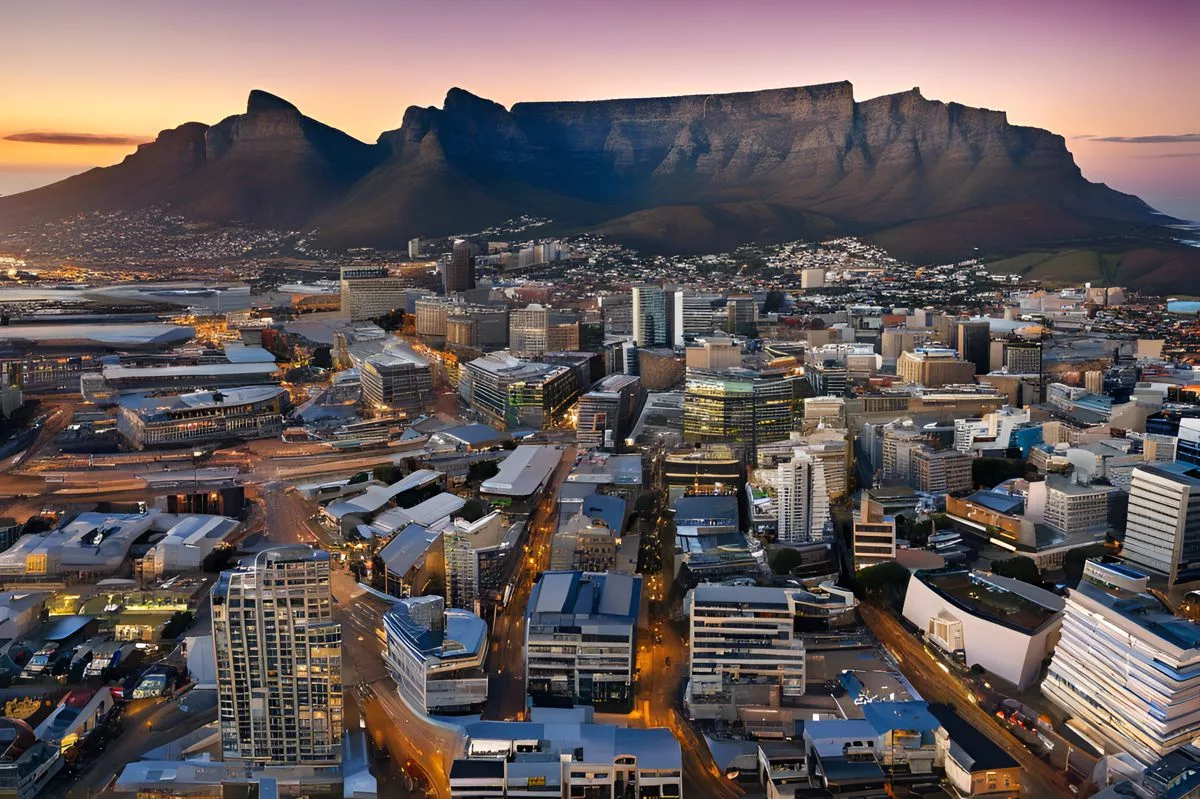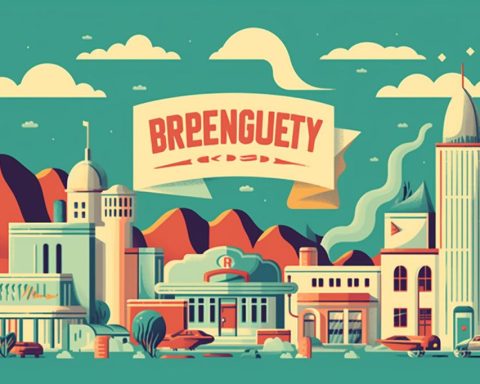Cape Town is the best city for affordable property rates in South Africa, with rates 32% lower for commercial properties, 36% for industrial, and 28% for residential compared to its closest rival, Johannesburg. The city also offers investment incentives, a solid infrastructure, and a thriving environment for businesses and residents to grow and find opportunities. Cape Town is committed to transforming its infrastructure and becoming the most business-friendly city in Africa, making it an attractive choice for entrepreneurs of all sizes.
Cape Town offers the most advantageous property rates among all metros in South Africa for commercial, industrial, and residential properties. The city boasts a competitive edge of 32% for commercial properties, 36% for industrial, and 28% for residential properties when compared to its nearest rival, Johannesburg. Cape Town also offers investment incentives, a solid infrastructure, and a thriving environment for growth and opportunities, making it an appealing choice for businesses and residents.
Champion of Property Rates
In the arena of property rates across South Africa, Cape Town has sprung up as the city of choice, boasting the most advantageous rates for commercial, industrial, and residential properties as revealed by the evaluation of the 2024/25 draft budgets put forth by each metro.
How does one determine property rates in South Africa? A statutory formula known as the cent-in-rand rate is employed. This formula signifies the sum an individual is required to pay in rates for each rand of their property’s worth. In this context, Cape Town emerges as a symbol of affordability, providing the minimum property rates among all metros for both residents and enterprises for the financial year 2024/25.
When compared to its nearest rival, Johannesburg, Cape Town’s property rates are notably lower – with a considerable difference of 32% for commercial properties, 36% for industrial, and 28% for residential properties.
Attracting Businesses
Beyond offering competitive property rates, Cape Town extends a persuasive invitation to entrepreneurs of all sizes. “Relocate your enterprise to Cape Town and benefit from South Africa’s unrivalled property rates, along with dependable service delivery, innovative strategies to combat load-shedding, and a solid infrastructure.”
The benefits don’t stop at financial savings. Cape Town’s Investment Incentives Policy demystifies the procedure for businesses migrating to the region or even initiating new enterprises. The city is brimming with potential in various sectors such as manufacturing, the green economy, call centres, events, hospitality, technology, retail, and many more.
Since the inception of its current tenure in November 2021, Cape Town has experienced a remarkable increase in employment, introducing 363,000 new positions as per StatsSA. The city also anticipates the generation of about 130,000 construction-related roles over a three-year period, linked to infrastructure investments tied to Cape Town’s Building for Jobs Budget.
Infrastructure Revolution and Economic Growth
Unfolding its ambitious vision, Cape Town seeks to transform its infrastructure at a scale never seen before, with projects worth R120bn spread over a decade. The city pursues a steadfast course to eclipse Johannesburg as South Africa’s most populous city and financial hub.
When it comes to infrastructure investment, Cape Town’s projections trump those of all three Gauteng metros combined over the forthcoming three-year medium-term budget framework. Its infrastructure budget is 80% larger than that of Johannesburg’s and an astounding 98% larger than eThekwini’s, the third-largest metro.
In harmony with Cape Town’s goal to be acknowledged as the most business-friendly city in Africa, it has recently launched a new Ease of Doing Business Index. This index is designed to supervise and boost ten crucial business indicators, which encompass building plan approvals, land-use rights, rates clearance certificates, and connections to electricity and water.
Property Rates Analysis for 2024-25
A detailed examination of property rates for Cape Town for the fiscal year 2024-25 reveals:
- Residential: Cape Town – 0.006631, Johannesburg – 0.009213
- Commercial: Cape Town – 0.015582, Johannesburg – 0.023033
- Industrial: Cape Town – 0.014742, Johannesburg – 0.023033
Despite stiff competition, Cape Town confidently retains its prime position, offering the most favourable rates for properties among South Africa’s cities for the year 2024-25.
It is worth noting that the 2024/25 formulas for Nelson Mandela Bay were not accessible during the time of this analysis. However, the rates for the year 2023/24 were: Residential (0.012073), Commercial (0.024146), and Industrial (0.030183).
To summarize, Cape Town positions itself as a city that not only provides competitive property rates but also cultivates a thriving environment for growth and opportunities. Its infrastructure initiatives, dedication to job creation, and business-friendly practices render it an appealing choice for businesses and residents, reinforcing its status as a leading metro in South Africa.
1. What makes Cape Town an attractive destination for property investment?
Cape Town offers the most advantageous property rates among all metros in South Africa for commercial, industrial, and residential properties with rates being 32% lower for commercial properties, 36% for industrial, and 28% for residential compared to its closest rival, Johannesburg. The city also offers investment incentives, a solid infrastructure, and a thriving environment for businesses and residents to grow and find opportunities.
2. How does Cape Town compare to Johannesburg in terms of property rates?
When compared to Johannesburg, Cape Town’s property rates are notably lower – with a considerable difference of 32% for commercial properties, 36% for industrial, and 28% for residential properties.
3. What kind of businesses are attracted to Cape Town?
Cape Town offers a persuasive invitation to entrepreneurs of all sizes. The city is brimming with potential in various sectors such as manufacturing, the green economy, call centres, events, hospitality, technology, retail, and many more. Since the inception of its current tenure in November 2021, Cape Town has experienced a remarkable increase in employment, introducing 363,000 new positions as per StatsSA.
4. What is Cape Town’s infrastructure investment plan?
Cape Town seeks to transform its infrastructure at a scale never seen before, with projects worth R120bn spread over a decade. The city pursues a steadfast course to eclipse Johannesburg as South Africa’s most populous city and financial hub. Its infrastructure budget is 80% larger than that of Johannesburg’s and an astounding 98% larger than eThekwini’s, the third-largest metro.
5. How does Cape Town plan to become the most business-friendly city in Africa?
In harmony with Cape Town’s goal to be acknowledged as the most business-friendly city in Africa, it has recently launched a new Ease of Doing Business Index. This index is designed to supervise and boost ten crucial business indicators, which encompass building plan approvals, land-use rights, rates clearance certificates, and connections to electricity and water.
6. What are the property rates for Cape Town in 2024-25?
A detailed examination of property rates for Cape Town for the fiscal year 2024-25 reveals: Residential – 0.006631, Commercial – 0.015582, Industrial – 0.014742. Despite stiff competition, Cape Town confidently retains its prime position, offering the most favourable rates for properties among South Africa’s cities for the year 2024-25.










